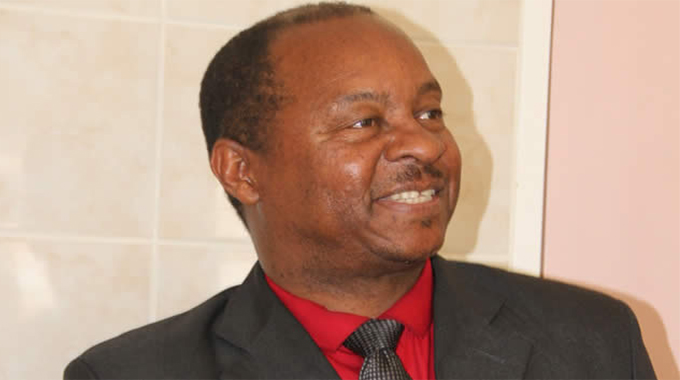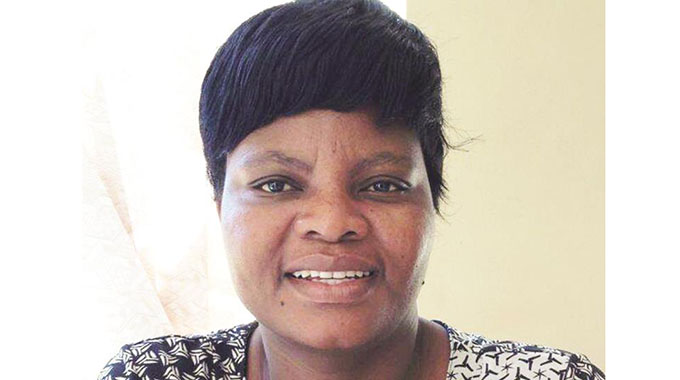Affordable health care a right for all

Health, Andile Tshuma
BEING sick is very expensive nowadays. When one feels unwell they worry more about getting money for treatment and less about getting their health back on track.
Chronic patients such as those with diabetes, hypertension, arthritis or asthma now have to sacrifice an arm and a leg to pay for their medical supplies at pharmacies, and pensioners constitute the biggest number of people on chronic medication.
The state of pharmacies, makes the point quite vivid that the country could do better in terms of providing adequate health care services, including drugs for chronic conditions in public hospitals because many people cannot afford them.
Access to affordable primary health care is key to ensuring a healthy nation that is critical to Government’s vision for the future.
The enjoyment of the highest attainable standard of health is one of the fundamental rights of every human being without distinction of race, religion, and political belief, economic or social condition.
The right to health for all people means that everyone should have access to the health services they need, when and where they need them, without suffering financial hardship.
No one should get sick and die just because they are poor, or because they cannot access the health services they need.
Good health is also clearly determined by other basic human rights including access to safe drinking water and sanitation, nutritious foods, adequate housing, education and safe working conditions.
The right to health also means that everyone should be entitled to control their own health and body, including having access to sexual and reproductive information and services, free from violence and discrimination.
Things are just challenging for almost everyone, save for the privileged few and one just wonders what the situation in government hospitals is like at the moment.
Hopefully, Government efforts that are underway to import medical drugs, improve the salaries and working conditions of medical staff and to equip health centres with modern machinery will bear fruit in the shortest possible time so that patients are not prejudiced. This will also help stop medical personnel from leaving the country, at a time when Zimbabwe already does not have enough of them.
Zimbabwe is still a long way from the World Health Organisation’s recommendation of the minimum threshold of 23 doctors, nurses and midwives per 10 000 population. By 2015, Zimbabwe was at 1.6 physicians and 7.2 nurses per every 10 000.
According to the Zimbabwe National Health Strategy of 2016-2020, currently every district has at least 2 doctors, every primary health care centre has at least 2 qualified nurses, 59% of administrative wards are serviced by an Environmental Health Technician and 60% of villages have access to a village health worker.
The Zimbabwe Service Availability and Readiness Assessment Report of 2015 says that health studies and surveys that have been carried out in the country all point towards inadequacies in the six World Health Organisation (WHO) Health System Building Blocks which are human resources, medical products, vaccines and technology including infrastructure, health financing, health information, service delivery, leadership and governance — that are prerequisites for a functional health delivery system.
Zimbabwe has a population of just over 13 million people according to the 2012 census. The majority of the population is served by government, municipalities and mission care centres.
According to a recent report from the World Health Organisation (WHO), 68% of the health care delivery in the rural areas is from mission hospitals and clinics. Nationally, the mission hospitals and clinics account for 35% of health care delivery. Of these, 22 mission hospitals have been designated district hospitals.
In a speech recently at the 23rd Association of Medical Councils of Africa (AMCOA) annual conference in Victoria Falls, Minister of Health and Child Care Dr Obadiah Moyo said Zimbabwe was committed to ensuring that provision of world class health care was part of Vision 2030.
He said Government is committed to delivering efficient health services at community level, in line with the grand vision for universal health care being advocated for at continental level.
“As Government we pledge to offer support to councils in the attainment of universal health coverage by providing an enabling and conducive environment in which individuals and communities are empowered and engaged in maintaining and enhancing their health and wellbeing,” said Dr Moyo.
He said Government will decentralise primary health care to the remotest communities for easy access by all.
He said government was working on ways to encourage and incentivise young doctors to serve in rural hospitals to avoid brain drain as many medical officers choose to leave the country after completion of studies.
“This is important if we are to attract these personnel to work in our rural hospitals. This engagement aims to provide a platform where African and international medical regulators, policy makers and academics share ideas, experiences and learn from each other,” he said.
Dr Moyo said despite a remarkable progress in the provision of quality health care in the last decades, Africa continues to face challenges as far as the health sector is concerned. To this end, he said, co-operation is key.
“No single state can address health challenges on their own, hence the amalgamated need to ensure a shared and co-ordinated approach through which medical regulatory authorities can exchange information and best practices on how to address these challenges, and devise mechanisms to uniformly address issues of common concern for the benefit of all Africans,” added Dr Moyo.
The main pillars of universal health care are availability, accessibility and affordability for all citizens of a particular country and the constitution of Zimbabwe extends this to anyone who is legally staging in the country. – @andile_tshuma










Comments